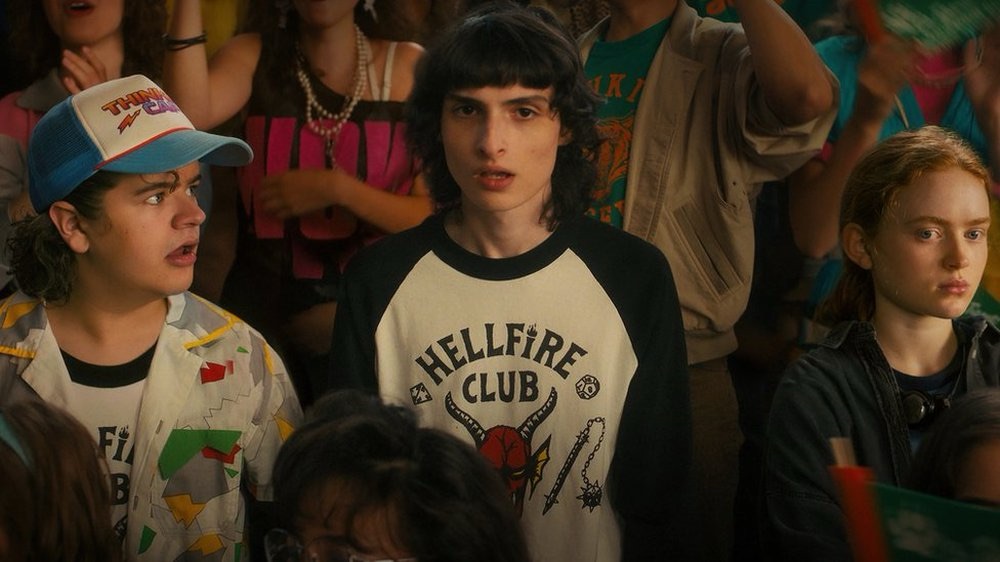Donald Trump recently declared that films produced in foreign countries could face a hefty 100% tariff as he intensifies trade conflicts globally. The president believes that the American film industry is facing a dire situation, which he attributes to foreign countries offering enticing incentives for filmmakers. He stated that this practice poses a "national security threat." Many filmmakers have opted to leave Hollywood for places like Canada and the UK, drawn by financial perks.
On his social media platform, Truth Social, Trump urged for films made in America, declaring, "WE WANT MOVIES MADE IN AMERICA, AGAIN!" Commerce Secretary Howard Lutnick affirmed that they would start tackling this issue, but details about how the tariffs would work remain vague. Questions linger over whether these tariffs would affect American studios shooting abroad or streaming services like Netflix.
While discussing potential impacts, industry experts expressed concern about defining a "US film" amidst escalating costs in California and increasing competition from countries offering skilled crews and lower production expenses, like the UK. UK media union Bectu cautioned that such tariffs could severely harm the industry and the freelancers that boost it.
The UK government stated commitment to supporting its film sector while also maintaining ongoing economic talks with the US. Meanwhile, global industry leaders are watching closely, as countries like Australia and New Zealand emphasize their dedication to their film sectors, ready to defend against potential fallout from Trump’s proposed tariffs.
Eric Deggans, an NPR film critic, warned that retaliatory tariffs from other countries on American films could further imperil the industry. The Motion Picture Association hasn't commented yet, but the ramifications of Trump's proposed tariff plan could shake the global film landscape, with uncertainty clouding the future of international film cooperation.




















